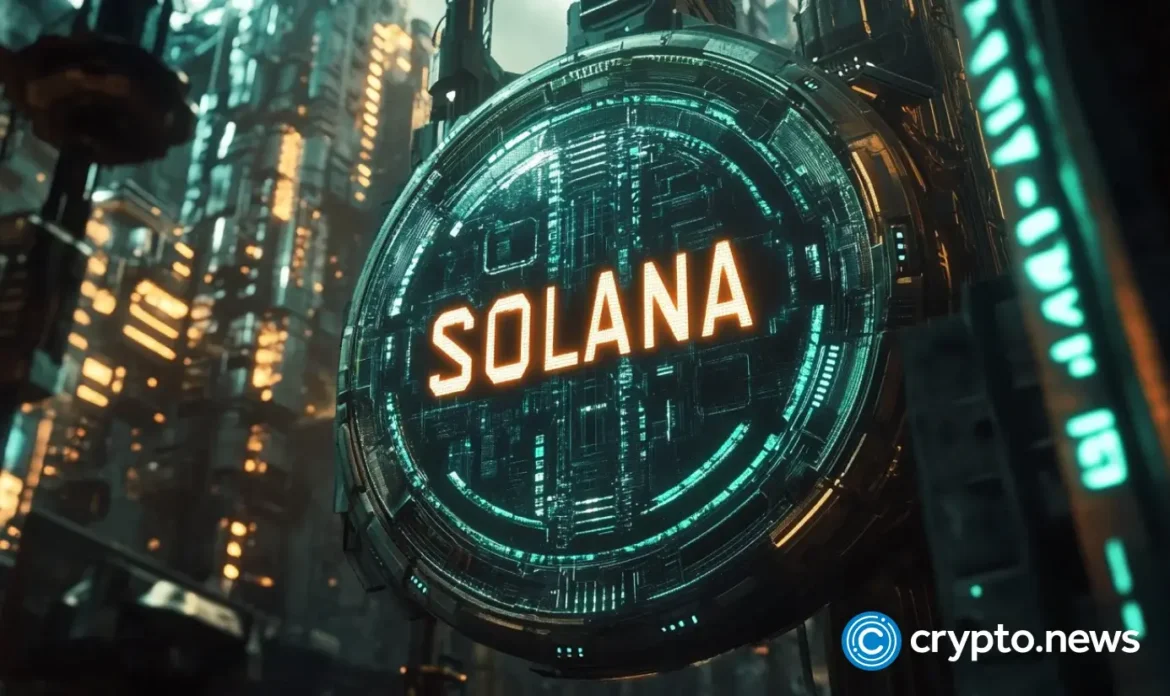In brief
- Telegram founder Pavel Durov said French intelligence sought the removal of opposition channels ahead of Moldova’s 2024 election.
- His allegations come as Moldova’s pro-European party leads in a new parliamentary vote marked by claims of Russian interference.
- The dispute underscores rising state pressure on digital privacy platforms, from messaging apps to crypto networks.
Telegram founder Pavel Durov has accused French intelligence of previously exploiting his legal troubles to censor opposition voices in Moldova’s presidential elections last year, pointing to a broader action by governments on digital privacy.
In a Sunday statement posted to Telegram and X, Durov said French intelligence had contacted him through an intermediary while he was being detailed in Paris roughly a year ago, requesting that he remove specific Telegram channels ahead of Moldova’s presidential elections in 2024.
Durov said that after Telegram removed channels violating its rules, an intermediary informed him that French intelligence would favorably address the judge overseeing his August arrest if he cooperated.
His allegations come as Moldova’s pro-European Party of Action and Solidarity, backed by President Maia Sandu, holds a commanding lead amid a fresh election that will decide the future of the country’s parliament, with over 50% of votes counted as of Sunday.
Both elections have been marked by claims of Russian meddling, with Sandu warning Sunday that Russia had “massively interfered” in its democratic process, according to an Al Jazeera report.
Pro-Russian opposition leader Igor Dodon, meanwhile, has called for protests outside parliament, with reported plans to annul the vote.
In his post on Sunday, Durov further alleged that authorities later provided a second list of channels last year that were not “legitimate and fully compliant with our rules,” whose only commonality was voicing “political positions disliked by the French and Moldovan governments.”
“We refused to act on this request,” he said. “Telegram is committed to freedom of speech and will not remove content for political reasons.”
He claimed authorities were exploiting his legal situation to influence political developments in Eastern Europe, a pattern he said was also “observed in Romania.”
Even Alex Chandra, partner at IGNOS Law Alliance, told Decrypt that platforms must clearly separate violations of their own standards from politically sensitive but compliant content.
“Rule-based governance is non-negotiable,” Chandra said. “Platforms that clearly separate violations of their own standards from politically sensitive but compliant content can preserve credibility in front of regulators, investors, and users.”
“Legal exposure is becoming leverage,” he added. “As seen in the Telegram case, state actors may use executives’ judicial vulnerabilities to extract concessions.”
The fight for privacy
Durov’s allegations resonate with ongoing battles in crypto, where governments are clamping down on privacy tools.
Recent convictions of Tornado Cash developer Roman Storm for operating an unlicensed money transmitter and guilty pleas from the founders of Samourai Wallet point to a pattern of pressure on privacy-focused platforms.
“Both communications platforms and crypto networks face parallel tactics of state interference,” Chandra said. “Multinational firms should anticipate that once a regulatory playbook proves effective in one vertical, it may be replicated across others.”
Mohith Agadi, founder of Fact Protocol, told Decrypt the situation reflects “a broader tension between state interests and digital freedoms.”
“The challenge arises when these two priorities collide, particularly in politically sensitive moments,” Agadi said. “What’s needed is greater transparency, clear standards, and independent oversight mechanisms.”
The French Ministry for Europe and Foreign Affairs responded to Durov’s claims, retweeting a post saying the Telegram founder “likes making accusations while elections are ongoing.”
Durov remains under judicial supervision in France following his arrest and is required to report to authorities every 14 days with “no appeal date in sight.”
The Open Network’s Toncoin, closely associated with Telegram, tanked in the immediate aftermath of his detention. The token now trades at $2.71, down 67% from its all-time high of $8.25, as per CoinGecko.
Daily Debrief Newsletter
Start every day with the top news stories right now, plus original features, a podcast, videos and more.










